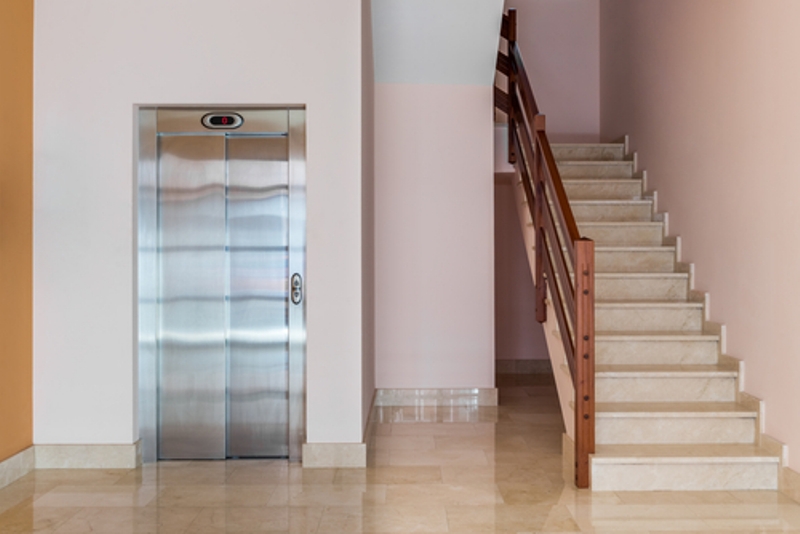Are you looking to improve your home’s accessibility? If yes, then installing a residential elevator might be a great option. Residential elevators, for instance, are used to carry heavy materials, household items and even passengers to the different floors of your house. However, like other home improvement projects, selecting an elevator can be a confusing task. Here are seven considerations when it comes to installing a residential elevator to your home in Sacramento CA.
1.Budget– Adding an elevator to your home can be a considerable investment. It might be financially draining for some to install one because you need to set aside thousands of dollars for the overall costs. Aside from the price of the elevator, you should consider the maintenance and installation costs. If you want to save from these expenses, look for a system that doesn’t require a separate machine room for the installation. There are a wide variety of residential elevators to choose from in Sacramento CA. Just visit this website to get more information.

2.Space needed– Despite the increasing number of homeowners who have installed elevators in their home, some still fail to realize that they need sufficient space before adding one. That said, it’s important to take your home’s space into consideration before choosing your elevator model. The construction of the elevator shaft might make the installation almost impossible. That’s because the construction requires certain parts of your house to be used up. Luckily, there’s non-traditional elevator models that don’t need a big space before it can be installed. You just have to shop around and find the right one that suits your space requirements.
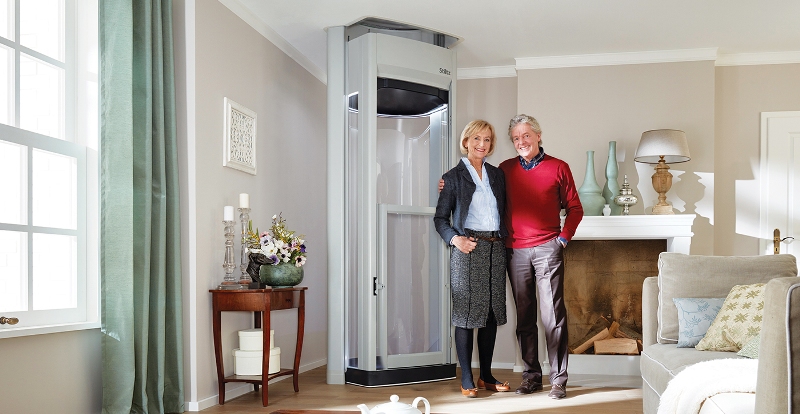
3.Safety features– Like any other home improvement projects, it’s essential to consider the safety features of the elevator you want to add which includes emergency stop and alarm buttons, lighting and fan, earthquake brackets, infrared safety light curtain, battery recharging system and many more. These safety features will not only keep you and your family safe while carrying bulk and heavy items to the different floors of your house but also during the happening of a natural disaster like an earthquake.
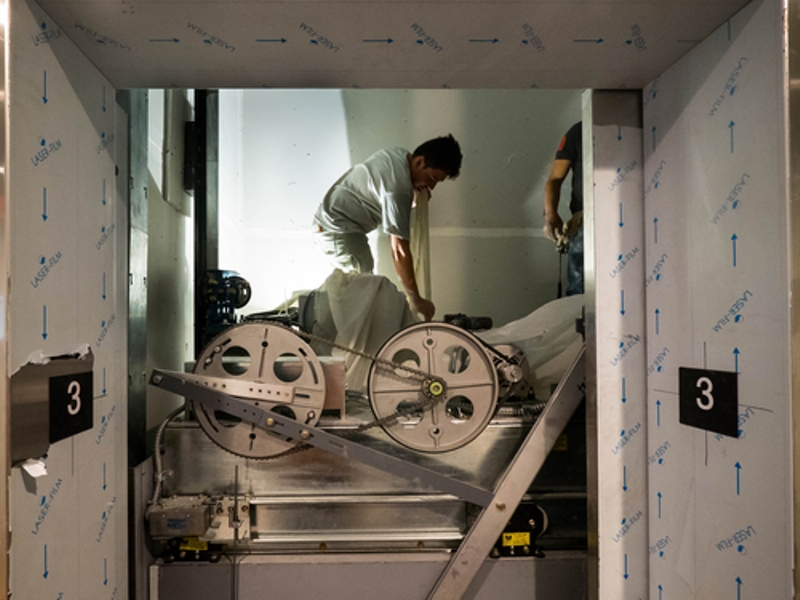
4.Load capacity– It’s a vital factor to consider when installing a residential elevator to your home. For example, if you have to carry a disabled person in a wheelchair, you need to choose an elevator model that can accommodate both the weight of the person and the wheelchair. Moreover, if the purpose of the elevator is to carry one person at a time, select a model with a lower load capacity. Knowing the amount of load capacity can help you figure out which model is the perfect fit for your accessibility needs.
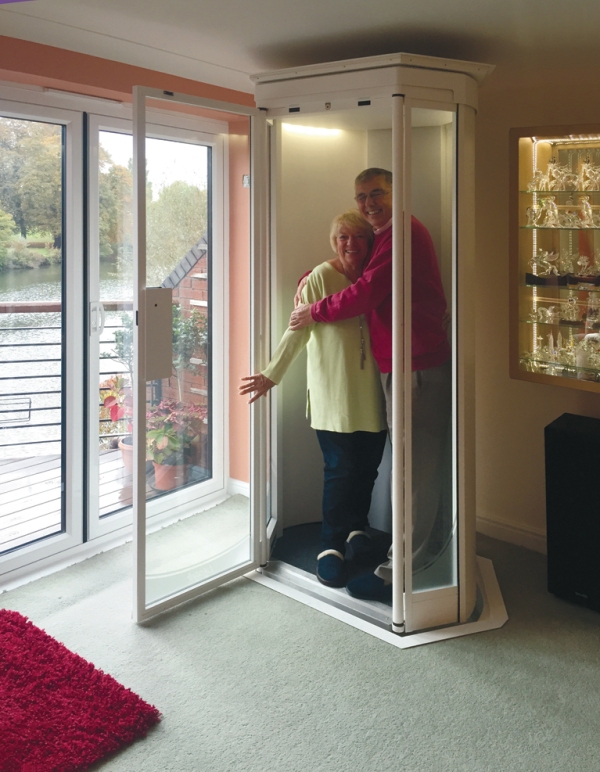
5.Aging plans– Knowing what you want as you age can provide you with a better idea if it’s wise to make a huge investment like a residential elevator. If you plan to stay at home and be independent even during your retirement years, it might be an excellent option to add an elevator or other home improvement project that improve your means of accessibility. This will help you address some mobility concerns as you start aging.
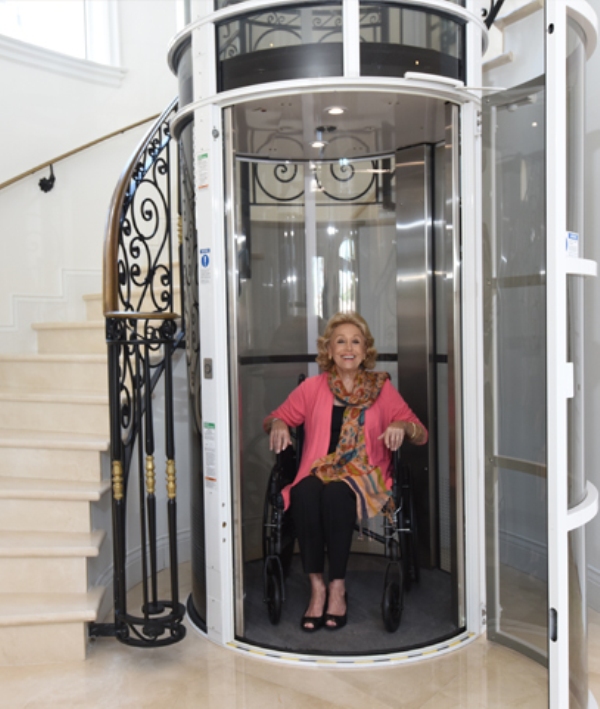
6.Time of installation and construction– The installation of a residential elevator involves an extensive construction time. This means you have to allocate additional time as well as money to shoulder some unexpected issues. Moreover, if you choose to have an elevator installed, you should be prepared for a few weeks of noise, dust and dirt, and plenty of crew members working in your place. However, if you’re looking for an accessibility solution that can be constructed quickly, then a residential elevator might not be readily available to cater to your needs.
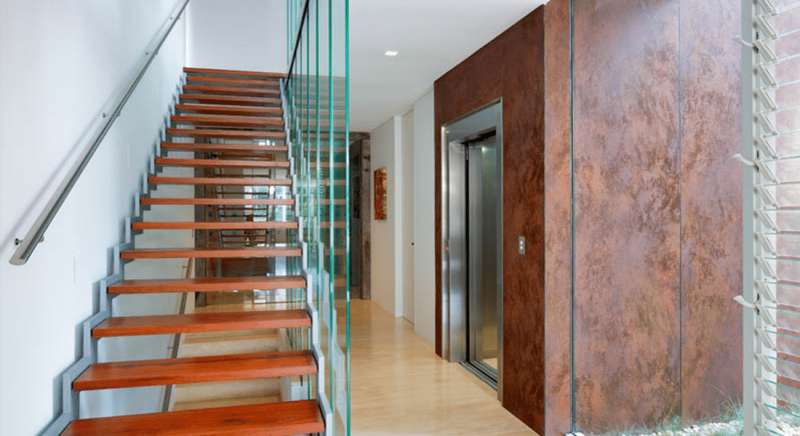
7.Other considerations – Apart from the factors mentioned earlier, there are other considerations when you opt to add a home elevator to your place. These include:
- Traveling speed– Generally, residential elevators have a travel speed of 30 to 40 ft. per minute.
- Comfort– Make sure the elevator you want to install can provide you with a quick yet comfortable ride.
- Efficiency– Like other home devices you have in your home, look for an elevator that’s environment-friendly and energy-efficient.
- Customization– With today’s advancements in technology, select an elevator that gives you with customization options.
Conclusion
A residential elevator comes with accessibility benefits. With its updated features, it doesn’t only make your home accessible, but it also eliminates any barriers. If you’re planning to have one in your property, keep these considerations in mind through the help of a qualified accessibility equipment provider in Sacramento CA. With their experience and skills, they can guide you in choosing the right option from a wide variety of product line choices.
